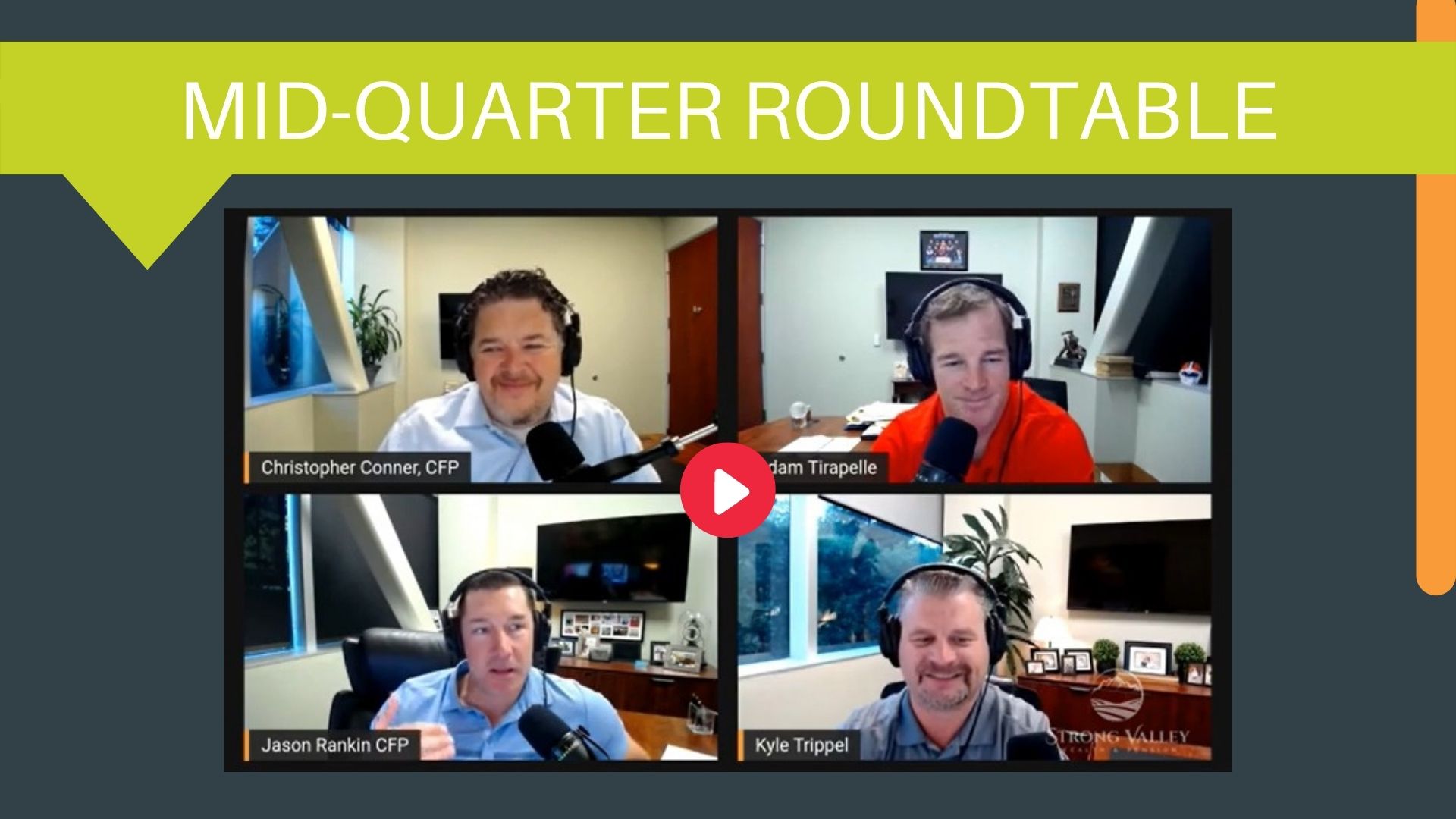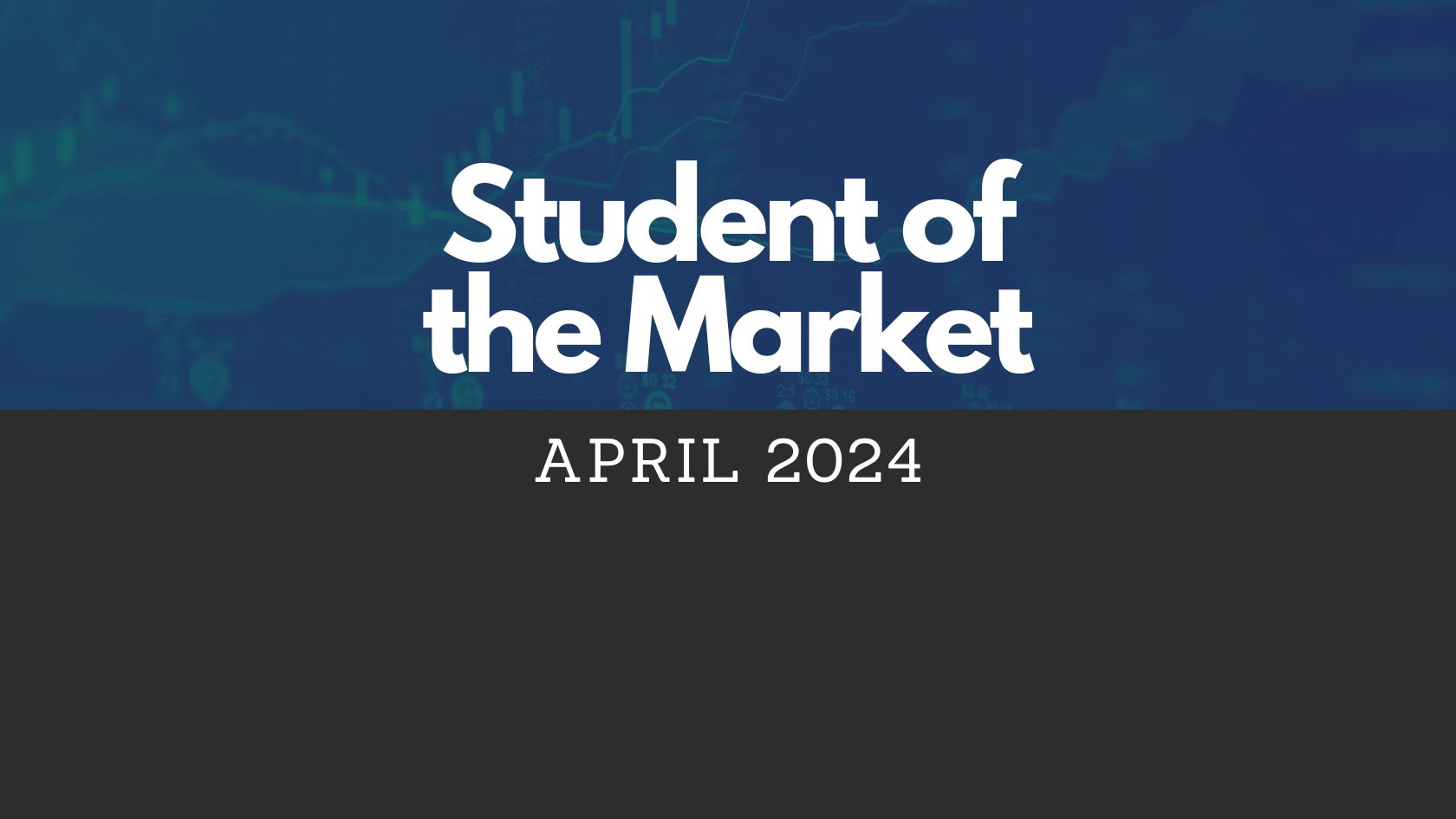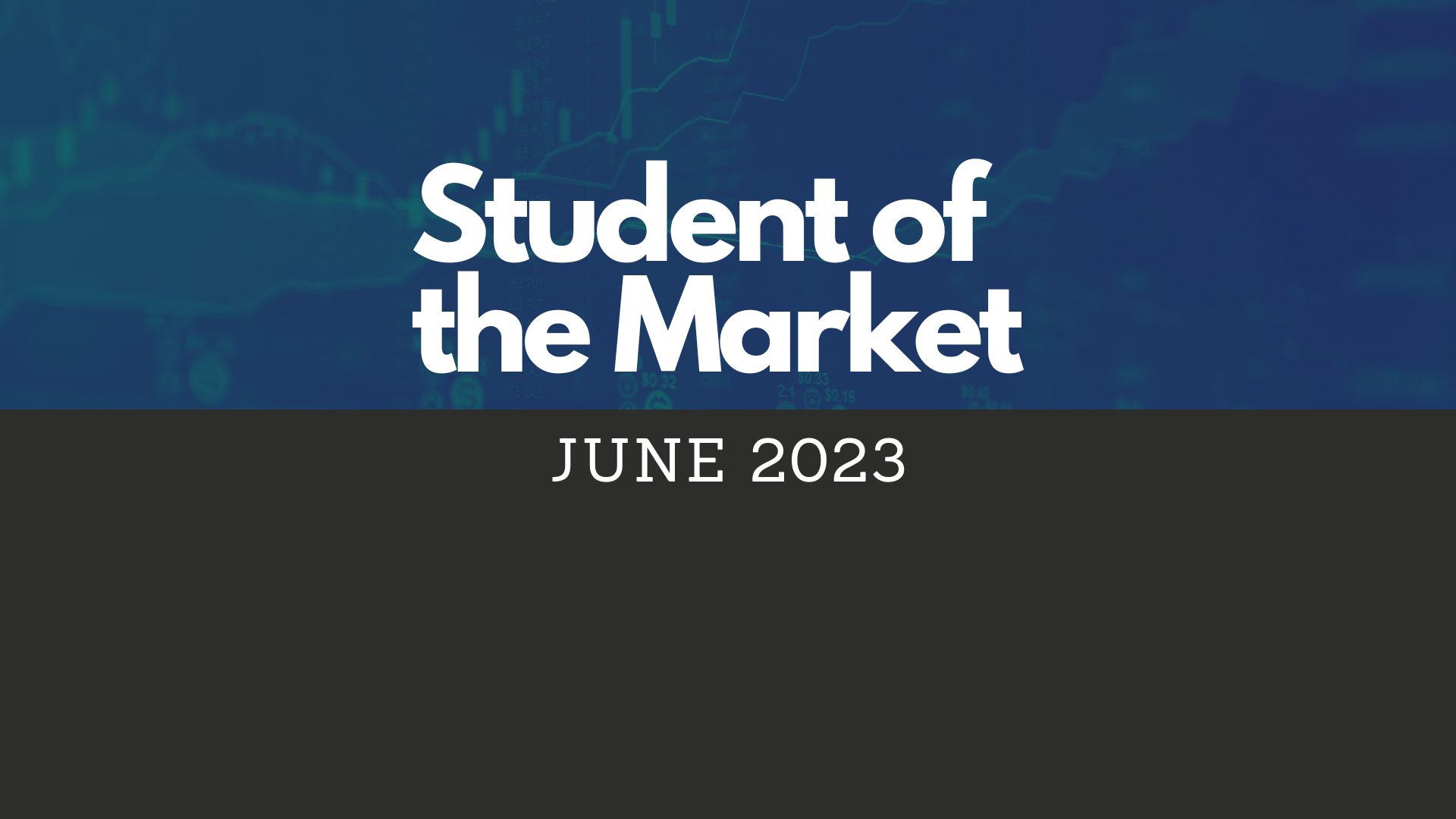You are now leaving the Strong Valley Wealth & Pension, LLC ("Strong Valley") website. By clicking on the "Schwab Alliance Access" link below you will be entering the Charles Schwab & Co., Inc. (“Schwab”) Website. Schwab is a registered broker-dealer, and is not affiliated with Strong Valley or any advisor(s) whose name(s) appears on this Website. Strong Valley is/are independently owned and operated. Schwab neither endorses nor recommends Strong Valley. Regardless of any referral or recommendation, Schwab does not endorse or recommend the investment strategy of any advisor. Schwab has agreements with Strong Valley under which Schwab provides Strong Valley with services related to your account. Schwab does not review the Strong Valley website(s), and makes no representation regarding the content of the Website(s). The information contained in the Strong Valley website should not be considered to be either a recommendation by Schwab or a solicitation of any offer to purchase or sell any securities.

Few employers still offer pension benefits, but many have company-sponsored retirement plans, like a 401(k) or 403(b). Employers concerned about losing top talent might consider generous matching contributions to the company-sponsored plan as a retention tool.

Employer-sponsored retirement plans, such as 401(k) or 403(b) plans, have become an essential part of the benefits package offered by companies to attract and retain employees. One of the key features of these plans is the employer's matching contribution, which can vary from company to company.
A relatively small number of employers offer generous matching contributions, exceeding the standard dollar-for-dollar match, to enhance their recruitment efforts and compensate for discontinuing defined benefit pension plans.
Let’s examine how these rich matching contributions can boost employee savings and support recruitment and retention efforts.
In today's competitive job market, companies are constantly seeking ways to attract and retain top talent. Offering a generous employer match for retirement savings plans is one such strategy.
Employees who feel that their employer is invested in their long-term financial well-being are more likely to stay loyal to the company. Moreover, candidates comparing job offers may be swayed by a more attractive retirement savings match, making it a valuable recruiting tool.
Many companies have phased out traditional defined benefit pension plans, which guarantee employees a specific income upon retirement. These plans have become less popular due to the financial risks and costs associated with maintaining them.
By offering a richer matching contribution for their defined contribution plans (e.g., 401(k) or 403(b) plans), employers can help offset the loss of the guaranteed income provided by pension plans, ensuring that their employees can still build substantial retirement savings.
Employers who are concerned about their employees' ability to retire comfortably may choose to provide a more generous match to help workers build their retirement savings faster. A rich matching contribution can significantly accelerate the growth of an employee's retirement savings, reducing the risk of financial insecurity in retirement.
This not only benefits the employees but also helps to establish a positive company culture where workers feel supported and valued.
While relatively few employers offer rich matching contributions for their employees' retirement savings plans, those that do so reap numerous benefits. By demonstrating a commitment to their employees' long-term financial well-being, companies can foster loyalty and trust, which ultimately contribute to a more successful and prosperous organization.
As the job market continues to evolve, employers may want to consider exploring richer matching contributions as a means to gain a competitive edge in attracting and retaining top talent.



